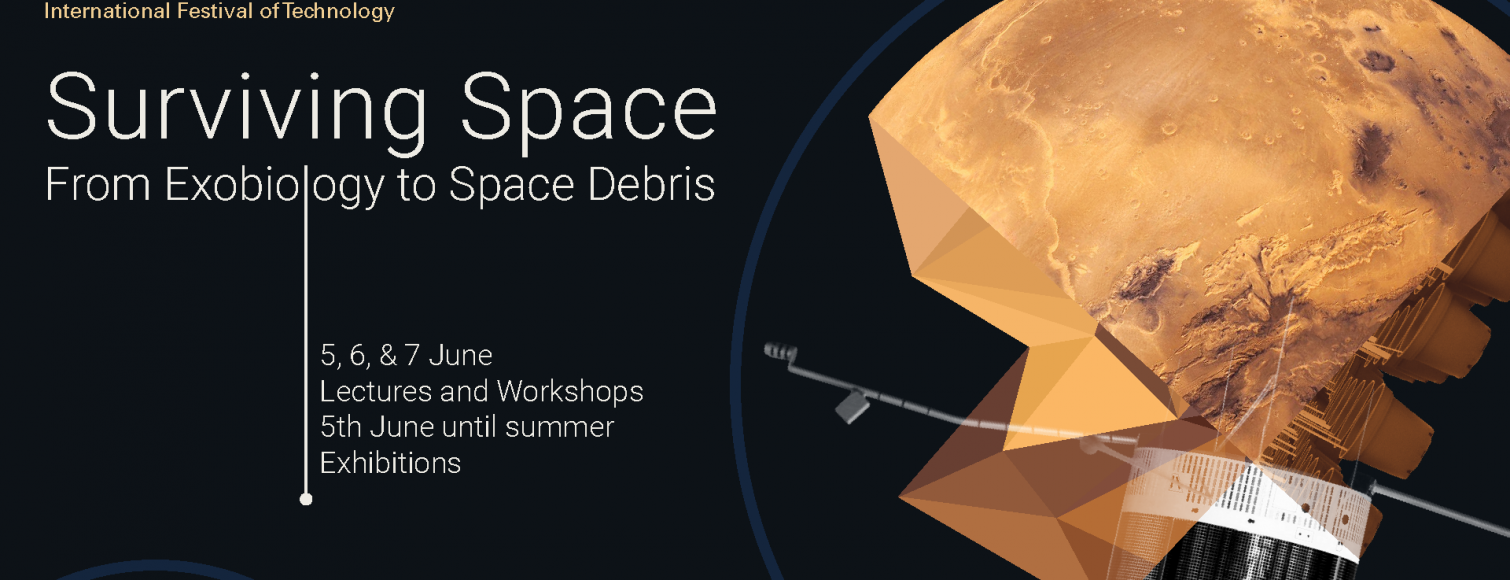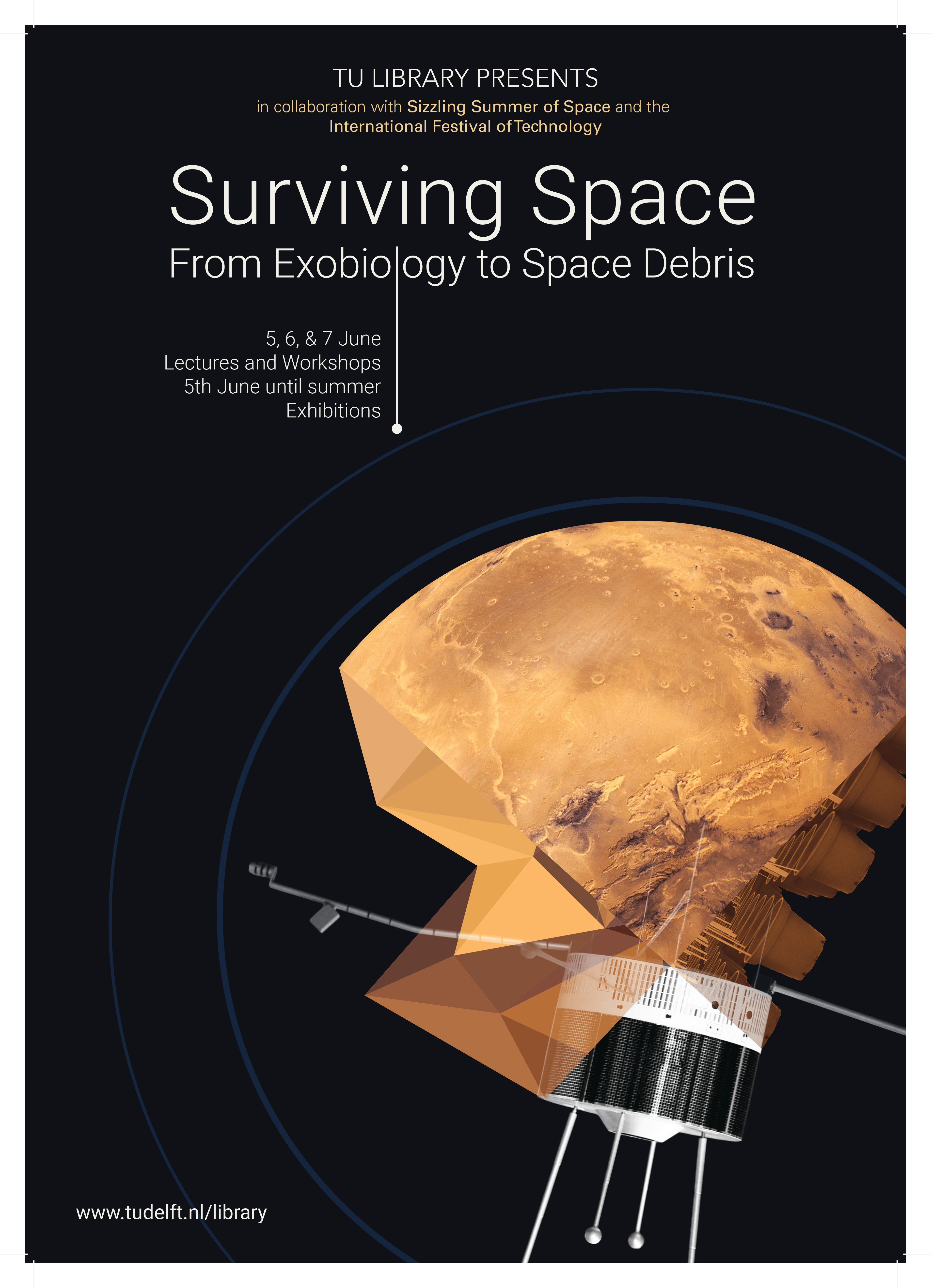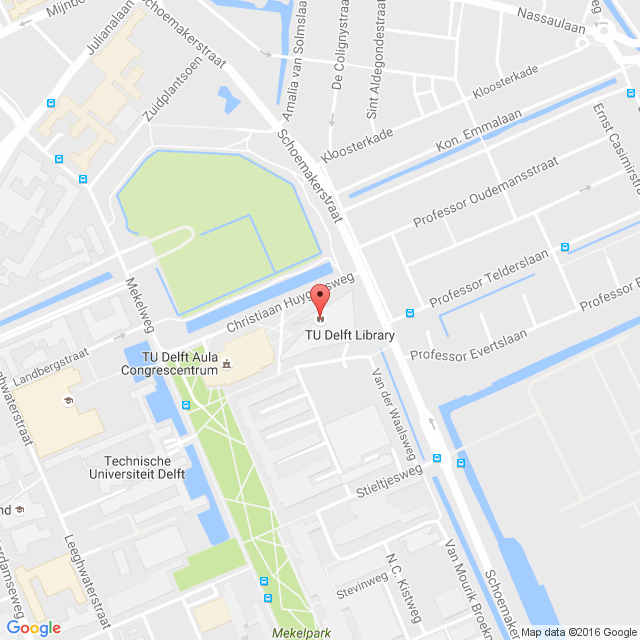Recording: Food For Mars: Do we need to colonise space to survive as a species?
What do you think life on Mars will be like for the first intrepid pioneers? Why do we want to colonize the solar system? What kind of world, designed entirely by humans, will we build? What sort of challenges will we face, technologically, ecologically, socially, and psychologically? Will we be able to prevent a repetition of our mistakes here on Earth? And is there any urgency: “If we want to survive as a species –and want to save human civilization- do we HAVE to colonize space”?
Wieger Wamelink, exobiologist at Wageningen University, has kindly allowed the Library to exhibit his research on cultivating plants for sustenance on Mars. The soil, the temperature, the light, the atmosphere, the radiation, the lack of liquid water, everything is different on the red planet. And yet Martians will have to be self sufficient, and produce their own food and drink. How do we build a livable ecosystem in space? And where? After opening the exhibit on his research, Wieger will go more in depth in a lunch lecture. After his lecture, Wieger will be joined by a panel of students to discuss humanity’s drive to colonize space, a dream that may very well come true within their lifetime.
This lecture is brought to you by the following parties: Studium Generale, Erfgoed (Academic Heritage), Tresor, and the TU Delft Library, as part of the programming for Sizzling Summer of Space and the International Festival of Technology. This summer the International Space University is gathering in the Netherlands and the country will be awash with experts who will unfold impressive space plans and new technological developments from private and public research. The TU Delft Library will be contributing as well, by hosting several exhibitions, workshops, and lectures that will critically explore humanity’s dreams and aspirations.



